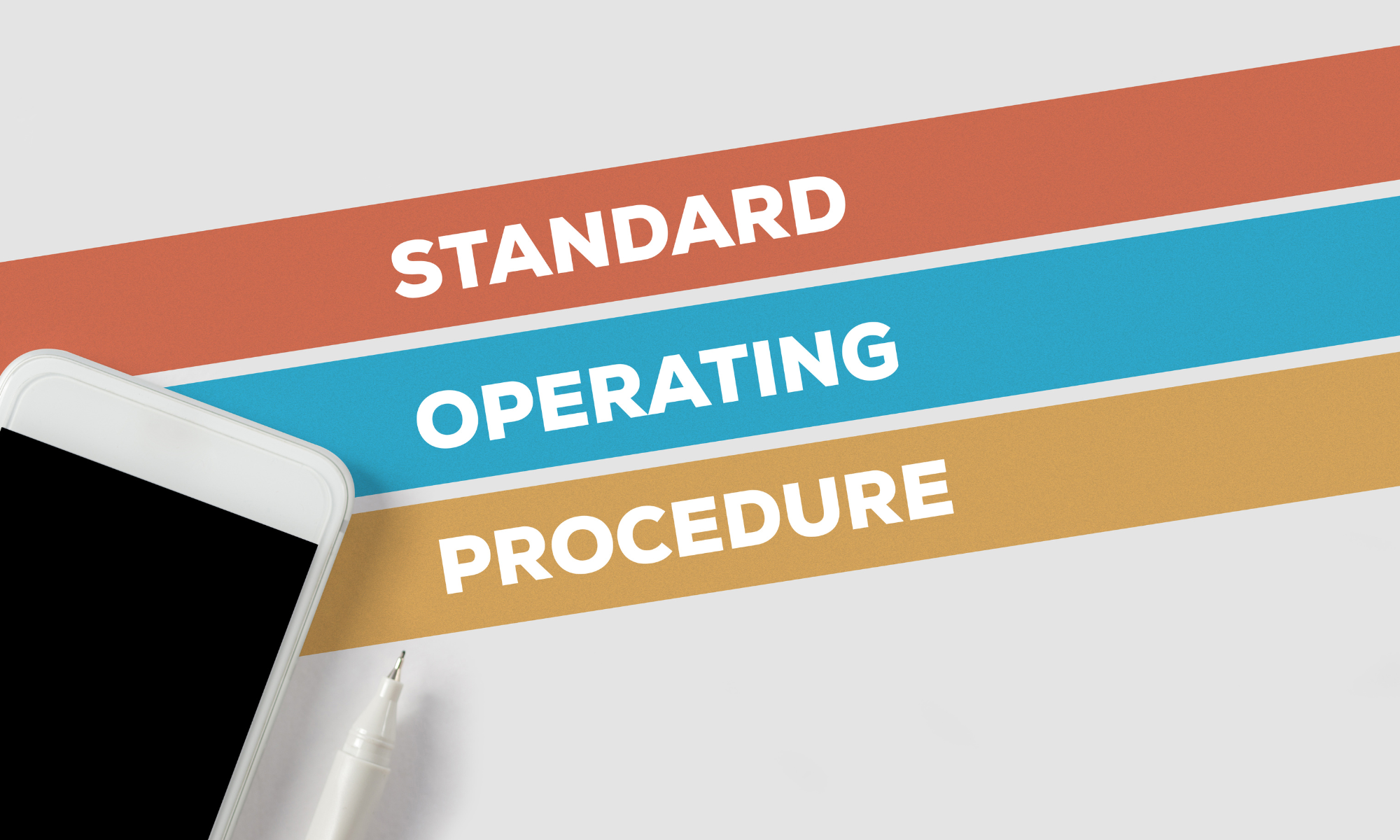In the world of finance and business management, standard operating procedures (SOPs) play a pivotal role in ensuring smooth operations, maintaining accuracy, and enhancing overall efficiency. This article aims to shed light on the significance of SOPs in accounting and backoffice processes. By following these well-documented and structured procedures, companies can streamline their daily activities, minimize errors, and foster a culture of compliance and consistency.
What are Standard Operating Procedures (SOPs)?
Standard Operating Procedures, commonly referred to as SOPs, are a set of step-by-step instructions or guidelines that are documented to help individuals perform various tasks accurately and efficiently. These procedures are designed to achieve consistency in processes, enabling teams to replicate successful results and handle challenges effectively.
The Role of SOP for Accounts Department
1. Ensuring Financial Accuracy
In the fast-paced and data-driven world of finance, accuracy is paramount. Financial mismanagement or errors can lead to severe consequences, impacting the organization’s bottom line and reputation. SOPs provide a structured approach to accounting tasks, ensuring that each step is performed meticulously, and all financial data is accurate and reliable.
2. Facilitating Compliance
Regulatory compliance is a crucial aspect of accounting operations. Various laws, standards, and reporting requirements must be adhered to, making SOPs indispensable in ensuring that all financial transactions are conducted in accordance with relevant regulations. Companies that prioritize SOPs significantly reduce the risk of compliance breaches and potential penalties.
3. Enhancing Accountability
SOPs define roles and responsibilities clearly, fostering a sense of accountability among team members. When everyone knows their duties and the expected outcomes, the chances of confusion or misunderstandings decrease. This promotes a well-coordinated work environment where individuals take ownership of their tasks and contribute to the overall success of the organization.
SOPs in the Backoffice
1. Streamlining Administrative Processes
The backoffice is the backbone of any organization, handling administrative tasks crucial for daily operations. SOPs streamline these processes, reducing delays, minimizing errors, and optimizing resource utilization. This ensures that employees can focus on high-value activities, ultimately boosting overall productivity.
2. Improving Customer Service
Incorporating SOPs in backoffice procedures ensures consistency in customer service delivery. Whether it’s handling inquiries, processing orders, or resolving issues, having a standardized approach allows for a seamless customer experience. Satisfied customers are more likely to become loyal brand advocates, contributing to business growth.
3. Mitigating Risks
Backoffice operations often involve sensitive data, financial records, and confidential information. By implementing SOPs, organizations can enforce strict security protocols and safeguard against potential breaches or data leaks. This builds trust among stakeholders and establishes the organization as a reliable and secure entity.
Best Practices for Creating Effective SOPs
1. Involve Stakeholders
When crafting SOPs, it is essential to involve all relevant stakeholders, including subject matter experts and team members who will execute the procedures. This collaborative approach ensures that the SOPs reflect real-world scenarios and are practical to follow.
2. Keep It Clear and Concise
SOPs should be written in a clear and concise manner. Avoid jargon and complex language, making the instructions accessible to all team members. Use bullet points and numbered lists to break down complex processes into manageable steps.
3. Regularly Review and Update
As business processes evolve, SOPs should be regularly reviewed and updated to stay relevant. Embrace a culture of continuous improvement to ensure that the procedures remain effective and in line with industry best practices.
Conclusion
Standard Operating Procedures are a cornerstone of efficient and successful accounting and backoffice operations. From maintaining financial accuracy to enhancing customer service, SOPs provide the framework that enables organizations to achieve excellence and stay ahead in a competitive landscape. By recognizing the significance of SOPs and implementing them thoughtfully, businesses can foster a culture of excellence, compliance, and continuous improvement.

